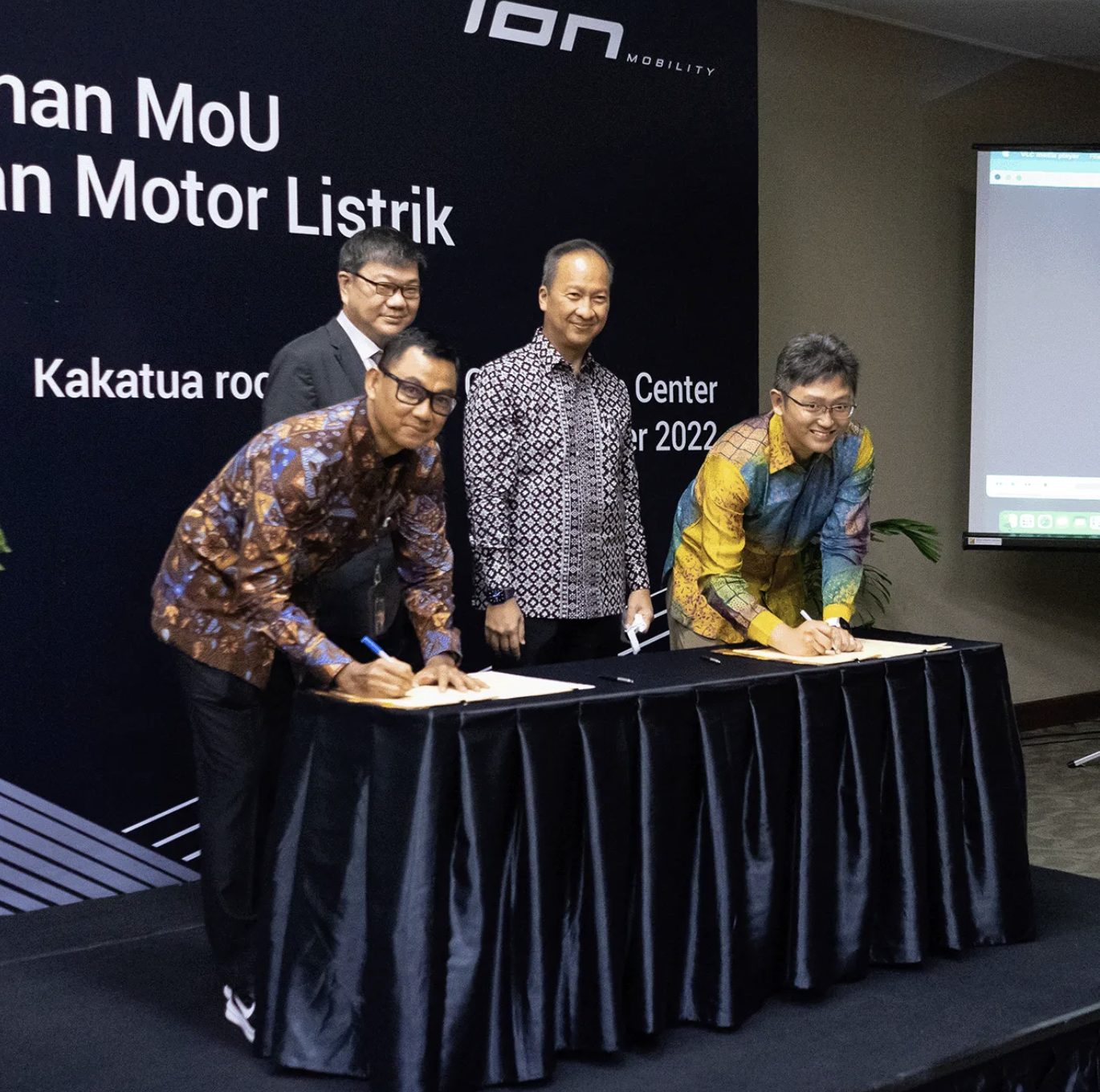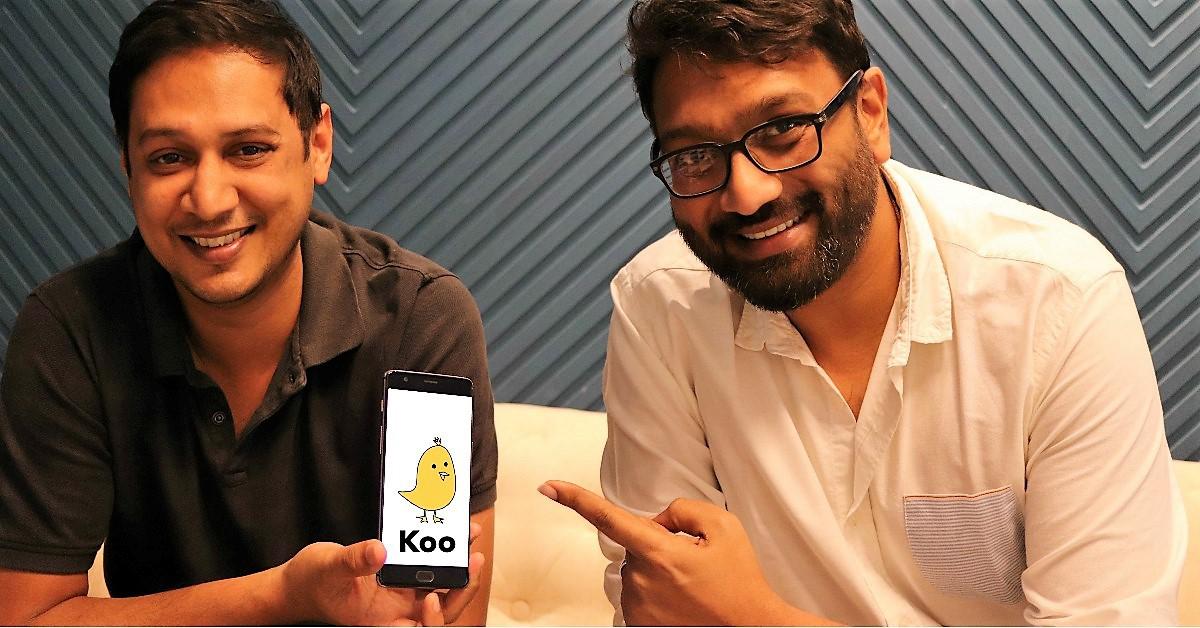
Creating impactful leather alternatives
- 500-backed and Indonesia-based Mycotech makes leather out of fungus. Specifically, mushrooms.
- Under the Mylea brand, the leather — which is essentially mycelium, a fibrous filament derived from the root structure of a mushroom — can be used to make shoes, wallets, watch straps, and more.
- Co-founder Adi Reza tells DW News in a feature video that mycelium leather is good for the environment as it records significantly lower carbon emissions compared to animal leather production.

- “Mycelium leather consumes less water, we don’t kill animals, and contributes to lesser carbon emission,” Adi says.
- Adi and his team grow their own mushrooms and cultivate them with sawdust. This process only uses a fraction of water used in standard leather production.
- At the moment, Mycotech is producing 2,000 sq ft of mycelium leather per year. Adi told us in July that they’ve secured collaborations with a mix of 21 small-medium and big fashion brands.
- Mycotech is one of only three B-corp companies in Indonesia. Earlier this year, it was regarded as a low-carbon inclusive enterprise from SEED Awards and awarded €10,000 in grants to implement an integrated energy monitoring system in their eco-factory.
- Catch Mycotech on DW News here.
Scooting through
- It’s all systems go for 500-backed Neuron Mobility’s UK test run. The company will debut 250 N3 e-scooters across the streets of Slough, a town west of London, starting mid-October.
- Covered in the distinctive orange shade, the N3 scooters come with a suite of offerings to make every ride safe and comfortable for all users.

- “Safety is our top priority, it dictates our e-scooter design and also the way we operate them. Our N3 e-scooters are jam-packed with cutting-edge safety features and our safety course and riding guidelines have been co-developed with the Royal Society for the Prevention of Accidents (RoSPA), the UK’s leading accident prevention charity,” said Zachary Wang, CEO of Neuron Mobility.
- These features include: A 999 emergency button which can tell if someone has had a fall and helps the rider call the emergency services and “Follow My Ride”, allowing a Neuron rider to share their location in real-time with someone else during their e-scooter trip, and provides added security while riding alone.
- Founded in Singapore in 2016, Neuron operates in eight locations in Australia including Brisbane, Darwin, Adelaide and Auckland, New Zealand.
A different approach
- 500-backed Pomelo is expanding its presence regionally with new stores coming up in Singapore, Malaysia, and its home country, Thailand.
- Pomelo’s first store in Indonesia will open for business in Jakarta in November. Meanwhile, the Malaysia outpost will happen in the first quarter of next year.
- In Thailand, it plans to open three stores in Bangkok’s bustling shopping districts, namely Megabangna, Siam Center, and Fashion Island.

- Much of Pomelo’s omnichannel strategy relies on “Tap, Try, Buy”, which allows shoppers to order items online through the Pomelo app or website, try on their chosen items at a selected store and pay for the ones they want to buy.
- “Over the past few months, we’ve seen our growth online nearly triple with Tap, Try, Buy volume reaching new highs just last month.
- “We’ve seen a large uplift in Tap, Try, Buy in Thailand and Singapore as people reduce the amount of time spent at shops,” co-founder David Jou tells the Bangkok Post.
- Moving forward, David believes the fashion industry will be cautious to open locations, and an omnichannel approach will help to overcome uncertainties.
Missed out the last Daily Markup? Go here to check it out.
You can also find us on LinkedIn, Facebook, Twitter, and Instagram.

500 Startups is a venture capital firm on a mission to discover and back the world’s most talented entrepreneurs, help them create successful companies at scale, and build thriving global ecosystems. In Southeast Asia, 500 Startups invests through the pioneering 500 Southeast Asia family of funds. The 500 Southeast Asia funds have backed over 240 companies across multiple sectors from internet to consumer to deep technology. It continues to connect founders with capital, expertise and powerful regional and global networks to help them succeed.
This post is intended solely for general informational or educational purposes only. 500 Startups Management Company, L.L.C. and its affiliates (collectively “500 Startups”) makes no representation as to the accuracy or information in this post and while reasonable steps have been taken to ensure that the information herein is accurate and up-to-date, no liability can be accepted for any error or omissions. All third party links in this post have not been independently verified by 500 Startups and the inclusion of such links should not be interpreted as an endorsement or confirmation of the content within. Information about portfolio companies’ markets, competitors, performance, and fundraising has been provided by those companies’ founders and has not been independently verified. Under no circumstances should any content in this post be construed as investment, legal, tax or accounting advice by 500 Startups, or an offer to provide any investment advisory service with regard to securities by 500 Startups. No content or information in this post should be construed as an offer to sell or solicitation of interest to purchase any securities advised by 500 Startups. Prospective investors considering an investment into any 500 Startups fund should not consider or construe this content as fund marketing material. The views expressed herein are as at the date of this post and are subject to change without notice. One or more 500 Startups fund may have a financial interest in one or more of the companies discussed.
500 Durians
Born in Silicon Valley. Raised in Southeast Asia.
Following



